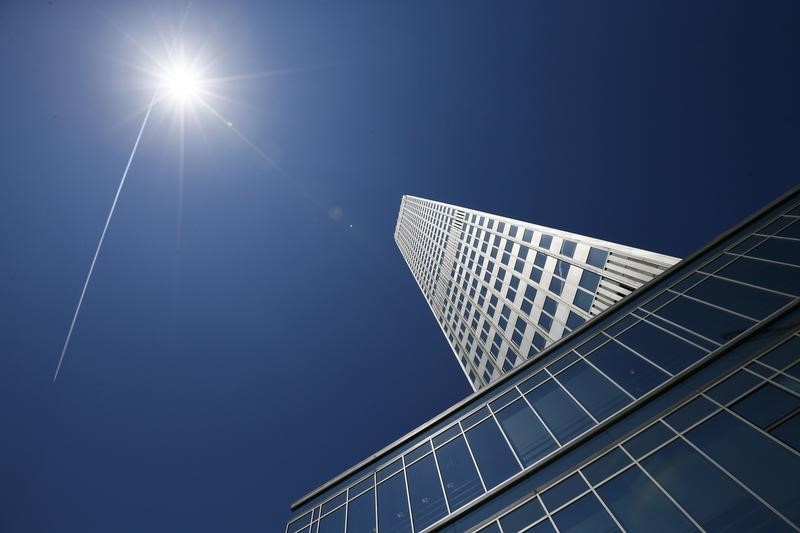Shares in Asia-Pacific markets plunged on Monday on reports China is facing a new Covid-19 crisis with the rising number of new cases.
Mainland Chinese indexes incurred the largest losses with the Shenzen component declining 6.08% to 10,379.28 and the Shanghai Composite falling 5.13% to 2,928.51.
Hong Kong’s Hang Seng index lost 3.57% after the Hang Seng Tech index plummeted 4.43%. Shares of Chinese giants Bilibili (NASDAQ:BILI) and Alibaba (NYSE:BABA) tumbled 5.24% and 4.96%, respectively, in Hong Kong trading.
The Japanese index Nikkei dropped by 1.9% to 26,590.78, while the Topix lost 1.5% to 1,876.52. The South Korean Kospi slipped 1.76% to 2,657.13 and the Kosdaq tumbled 2.49% to 899.84.
European stocks followed the same path with STOXX 600 down over 2% early in the morning.
“It’s no surprise and it makes all sorts of logical sense that the market should be concerned about the Covid situation because that clearly is impacting economic activity. It’s impacting earnings potential for many parts of the market,” said Timothy Moe, head Asia-Pacific equity strategist at Goldman Sachs.
Beijing authorities said in a statement that the pandemic has spread undetected in China’s capital and expects to report more positive cases.
Beijing initiated a 3-day mass testing in the city’s main business district of Chaoyang on Monday, where many embassies and foreign companies have their offices. The testing showed that Chaoyang accounted for the majority of the new coronavirus cases reported in Bejing since Friday.
The district suspended all in-person group activities such as sports training and art courses. Local authorities urged residents of the Chaoyang district to work remotely and not leave their homes unless necessary, according to a report by the Chinese state media.
The surge in new cases in Bejing comes as China grapples with the worst coronavirus wave since the pandemic outbreak in 2020. China has adopted a zero-Covid policy to curb the spread of the virus, which includes lockdowns, travel restrictions, and quarantines.
By Senad Karaahmetovic
